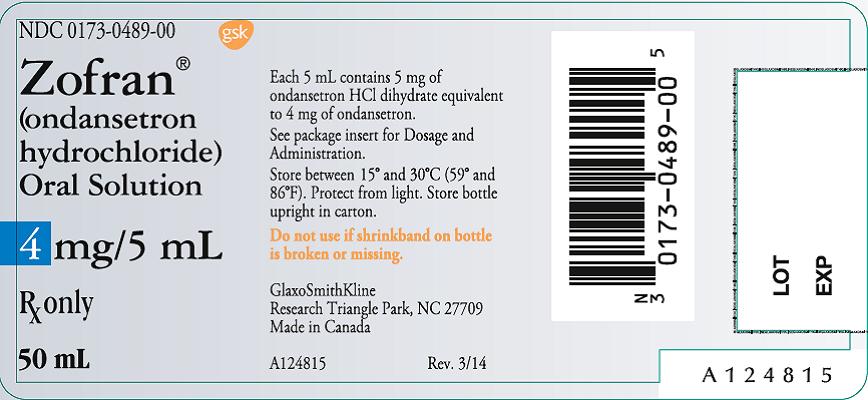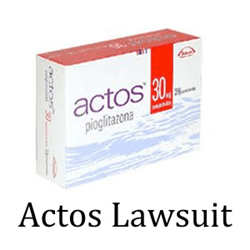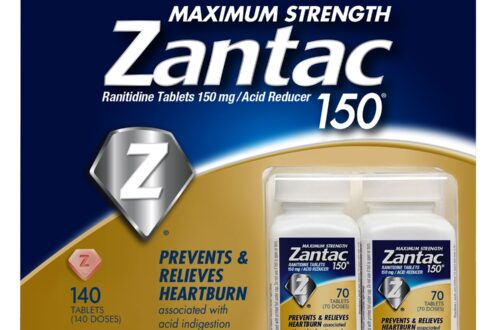
Anti-Nausea Preganancy Drug Zofran Lawsuit
Use of the anti-nausea drug Zofran (generic name – ondansetran) during the first ten weeks of pregnancy has been linked to the development of congenital cardiac malformations and cleft lip and cleft palate deformities.
Zofran (ondansetron), which is manufactured by GlaxoSmithKline, is a member of a class of drugs known as 5-HT3 receptor antagonists, which work by blocking the actions of serotonin. It is commonly used for treatment of nausea caused by cancer treatments, but it has been widely used among pregnant women suffering from morning sickness, even though the FDA has not approved it for that use.
About 10% of pregnant women suffer from nausea severe enough that doctors recommend they take anti-nausea medication. However, a prior smaller study has raised concerns that Zofran could cross the placenta and adversely affect their child’s development or health. The previous study suggested that the drug could increase the risk of oral cleft birth defects, such as cleft palate and cleft lip, but those findings were not confirmed by this latest study.
Researchers found that significantly fewer women given Zofran suffered a spontaneous abortion, compared to women who did not take the drug, and there were no statistically significant differences in the rates of major birth defects, stillbirth, preterm delivery or delivery of a low-birth-weight infant, the findings indicate.
Known side effects of Zofran have been linked to a risk of a type of irregular heart rhythm, known as QT interval prolongation. This may predispose patients to develop Torsades de Pointes, which may lead to sudden death if proper treatment is not received. In December 2012, the FDA announced a partial Zofran recall because of the heart rhythm problems associated with the drug. The recall only affects the 32 mg, single intravenous (IV) dose, which is usually used to prevent chemotherapy-induced nausea and vomiting.





